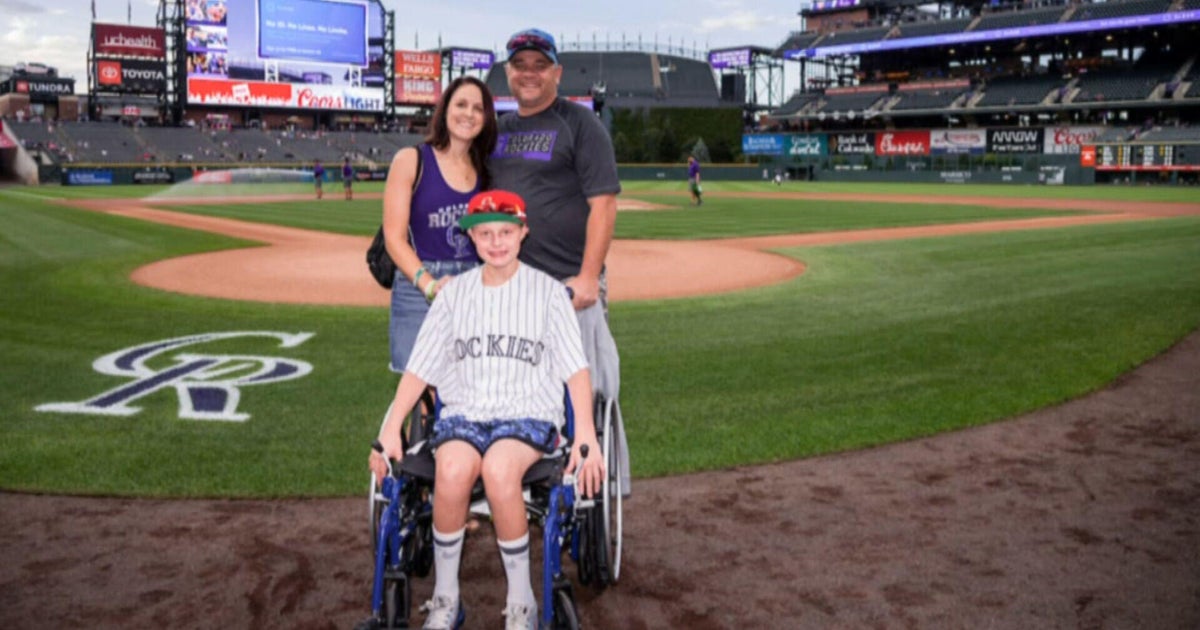Eye Test Could Help Diagnose Alzheimer's Disease, New Research Suggests
Follow CBSPHILLY Facebook | Twitter
PHILADELPHIA (CBS) -- New research is suggesting a quick eye test could one day help doctors diagnose Alzheimer's disease. The study shows how twin sisters led to a breakthrough for researchers.
Scott Hughes, 97, and her identical twin sister, Virginia, were always close. When Virginia started having trouble with her memory and thinking, Scott knew something wasn't right. Her sister was later diagnosed with Alzheimer's disease.
Conagra Recalls Chef Boyardee Chicken And Rice Products Due To Misbranding, Undeclared Allergens
"It was heartbreaking because she was so outgoing and loving," she said. "She wasn't going to be who she was before, and that is tragic to see in someone you love."
With one twin having Alzheimer's and the other healthy, researchers at Duke Eye Center studying the link between eye and brain health, thought they were a good case to examine.
They took images of their eyes and discovered the twin with Alzheimer's disease had significantly decreased blood vessel density in the retina. That finding spurred a new study of more than 200 people.
"Cognitively normal, healthy individuals do not have these changes in their retina," said study author Dr. Sharon Fekrat, of the Duke Eye Center.
Doctors Warn Activated Charcoal Food Craze Might Not Be Healthy
Researchers say the eyes may be a window to our brain health.
"These changes happening in the retina in the eye may actually mirror the blood vessel changes happening in the brain of individuals with Alzheimer's," said Fekrat.
Hughes' sister passed away last year.
"Every night after dinner we had a conversation. Sometimes she would be able to respond and sometimes she wouldn't, but she always knew that sister was calling," said Hughes.
Hughes says she's grateful she and her sister had a chance to contribute to research together.
Lawsuit Blames Herbal Product For Death Of Chester County Man
Researchers say they plan to study people who have the gene for Alzheimer's but don't have symptoms next to see if they may be able to predict the development of the disease.







